Life was bittersweet for Darrel Lea chocolate clan adoptees
UNDER the sugar-coated story of the Darrell Lea confectionery empire lies a bittersweet family saga
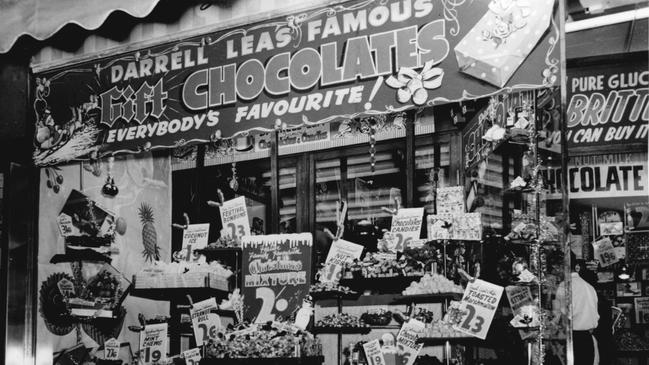
Today in History
Don't miss out on the headlines from Today in History. Followed categories will be added to My News.
PILLOW-SHAPED lollies caught like rainbows in a jar, clusters of peanuts embedded in toffee, white slabs of nougat studded with almonds, caramel snows, coconut roughs, peppermint whips — for many years there was nothing so deliciously tempting as a Darrell Lea shopfront window.
Since 1927, generations of children have pressed their noses against the glass of the confectionery company’s store displays across Australia (today the range is sold through outlets and online), but beneath the bonbons and the licorice bullets lies a story that is not so sweet. Rocky Road,by Robert Wainwright (Sheila, Miss Muriel Matters), is a fascinating account of both the shifting fortunes of the empire itself, and those of Monty and Valerie Lea and their seven children.
On the surface, Monty and Valerie (who co-ran the company with other Lea family members from the 1930s for several decades) were blessed.
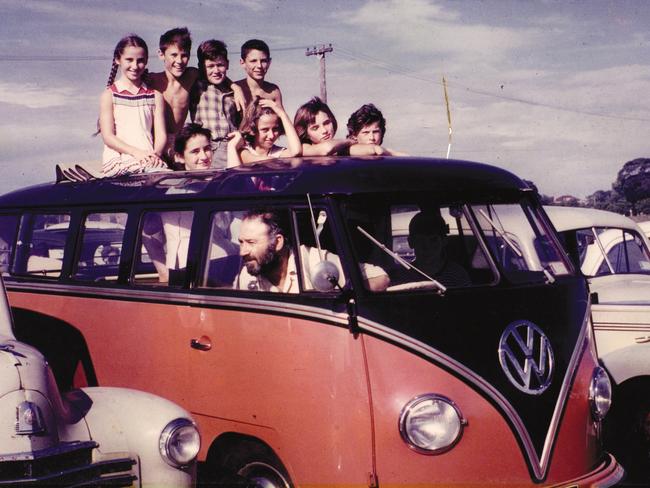
They were wealthy, successful, and their four children had the run of the Lea factory floor in a fantastical Willy Wonka-style existence. But, in what Wainwright calls a “sort of social experiment”, Valerie Lea, who had always longed for a large family but found her pregnancies difficult, adopted three more children, similar in ages to her own, as ready-made playmates.
“It was that idea of two dogs playing being better than one,” Wainwright says, “so you had these almost twin sets of children of the same age, the biological ones and the adopted ones, and this created two classes of children within the one family”.
The biological children, Jason (born 1942), Gaela (1944), Lael (1946) and Charryce (1948), were joined from 1947 on by a fairly rapid succession of their adopted brothers and sister — Bretton, Shelton and a little girl called Gail, renamed Honey for her beautiful, golden hair.
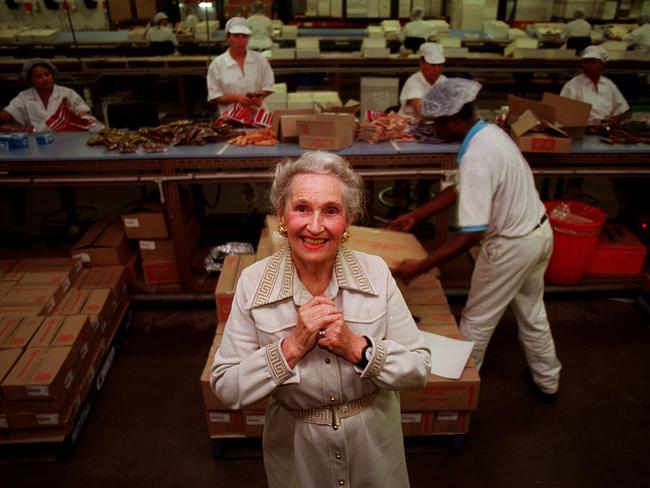
Today Honey is in her 70s and lives a quiet and modest life in northern NSW. Due to speak to News Corp about Wainwright’s book, Honey cancelled at the last minute, unable to face talking about her past, something that didn’t surprise Wainwright at all.
“Honey is still so affected by a deep sense of rejection that at times it overwhelms her,” he explains.
“I don’t think Valerie ever really understood the complexity of what she had created. Because you have these children, given up by their own mothers (the book opens with a heart-wrenching scene of Valerie collecting a then four-year-old Gail from a doctor’s office, the little girl tempted from her mother’s arms with some chocolate) and then being placed in a family where you are constantly reminded that you are not really a member, or as was said to them, ‘not a real Lea’.”
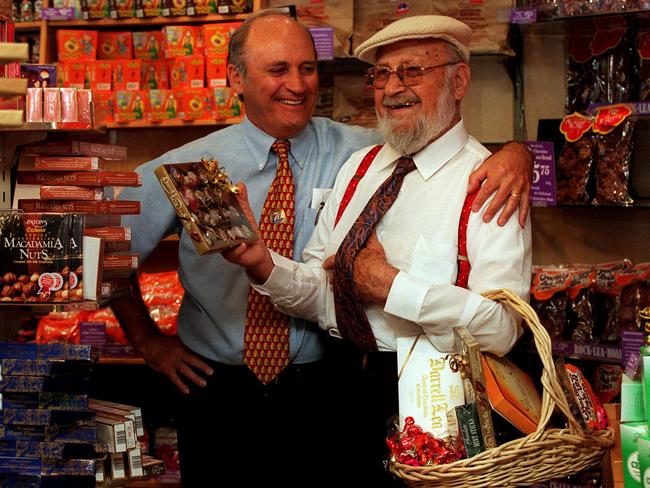
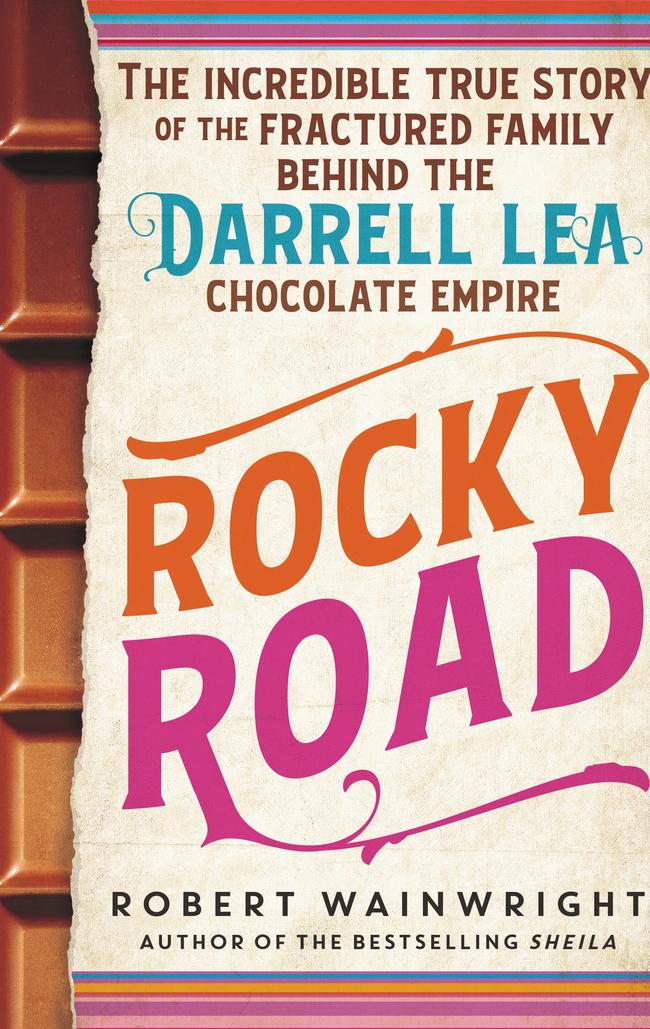
Wainwright is quick to point out that Valerie was not an abusive mother. She did not strike or neglect her adoptive children’s needs but, he says, she did withhold her affection, constantly comparing the two sets of children and finding the adopted ones wanting.
“If you look at the many photos Valerie took during their childhoods, you would see a picture-perfect family — indeed, Charryce would say that they all had a wonderful time, as she sees their whole childhood through a completely different lens.”
All three adopted children would eventually become estranged from Valerie, and while Wainwright says they were each afforded a private school education, he says it was made clear to them they would not inherit any of the Lea fortune. All three would also face both personal and professional struggles in their lives (Bretton and Shelton are both deceased) and Honey, Wainwright says, is struggling still.
“One of the reasons I wrote the book, apart from the fascinating family history, was to give Honey a voice. She never really had one, and she’s always felt quite powerless in her own fate. She lives on a pension on the NSW mid-north coast, she has no house, no security, and her life has not been an easy one.
“Somewhere along the way, Honey lost her identity. I really hope the book helps her a little with that.”
Rocky Road, by Robert Wainwright (Allen & Unwin, $33)
